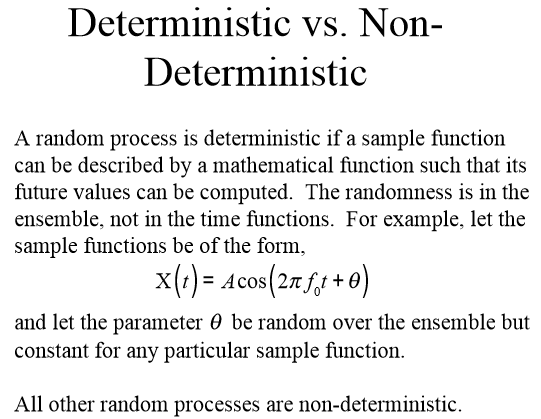Christy, I can’t answer either for GJDS or in his inimitable style, but a couple of suggestions:
(a) The appeal of strict Neodarwinian theory to materialists is that, because it works “automatically” on random mutration and, essentially, by selection by a random environment, it doesn’t need any direction - chance will explore possibilities and always win. It’s the only evolutionary theory that could (intuitively, if not in real life) rely on true randomness.
As soon as other natural processes are involved (like fancy new evolution by natural genetic engineering, emergence etc) it’s less like an open-ended chance exploration and more like a process unfolding from within (analogous to an oak from an acorn). That, indirectly, makes God a better explanation than chance, and so it’s resisted.
To the atheist, then, for the theist to propose that any of neodarwinian evolution is guided actually spoils the point of the theory, but that’s a judgement of metaphysics, not of science.
(b) That said, a strong (ie traditional, through from Augustine to the Reformers and beyond) doctrine of providence has no problem embracing even strict Neodarwinian evolution, and yah boo sucks to the atheists! But using low probability mutations might be seen as not the most obvious way for God to get from A to B - it almost looks like he’s hiding (but see my post above). It’s also questionable if the ND mechanism is capable of being directed that closely (eg, to produce man over 4 bn years) - even Michaelangelo can’t paint the Lord’sprayer on a rice grain with a shoe brush. That’s why many of us think the Neodarwinian synthesis has had its day - and wonder why it still gets touted as the “standard theory” here.
© But though there’s no great problem at all for classic theology with guided evolution, even via “random” mutation and natural selection alone, there are theistic evolutionists (perhaps a majority of those nowadays representing TE) who don’t want evolution to be guided, apart from in the most general way, such as that God set it up and “let it operate”.
This is either because of a hatred of the idea of providence (usually to do with co-opting ideas of human free-will and applying them to “Nature” (whatever that is!), or a Deistic Christianity descended from the “nature a closed system of laws” of Leibniz and that Enlightenment crowd - again, making directed evolution not difficult scientifically, but undesirable metaphysically - like the materialists, and for similar reasons, possibly.
There is a prevalent confusion in theistc evolution between the word “freedom”, which is valid only for the human will and, hence, always accounted for carefully in classical doctrines of providence, however much sovereignty they grant God; and “randomness” in nature, miscalled “freedom”.
Clearly they have nothing in common in reality: what kind of freedom do we think it’s moral for God to grant to rocks, or DNA bases? Am I to be equally scrupulous in granting freedom to my money to blow away in the wind, or to my plants in not being “coerced” into hybrid varieties in my garden? Likewise, my free will gains absolutely zilch by being a product of randomness - otherwise know as “outrageous fortune.”
